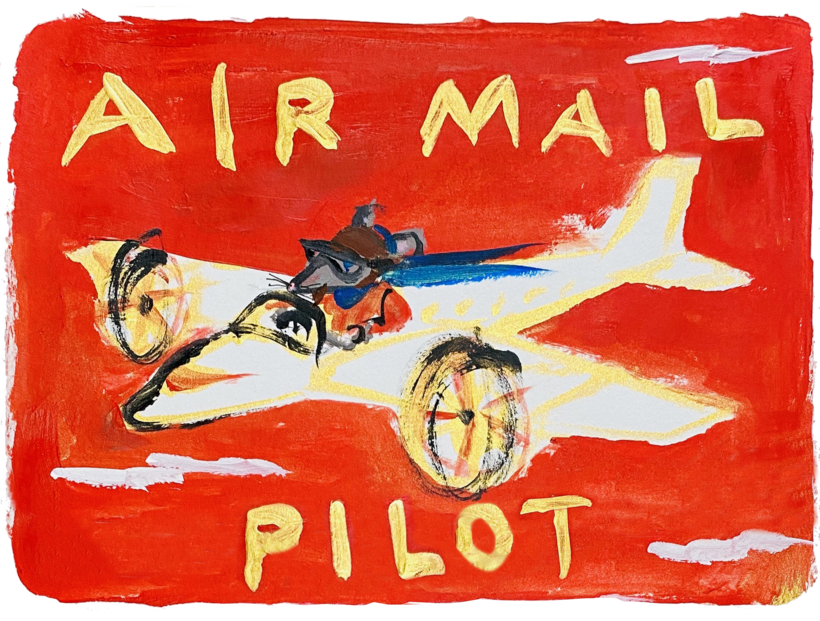1.
Class Act

In January Milly Ayers tweeted: “As of October 2021, there will officially be a showman traveller studying Classics at St John’s in Oxford. I GOT IN!”
Ayers, 18, who is related to the founder of Billy Smart’s circus, will be only the third student from a traveling family to be offered a place at the university. Her story is all the more remarkable because she left school at 13 and did her GCSEs on her own, scoring “7, 6, 5, 4, 4, 4, 3”, which she admitted was “not amazing by Oxford standards”.

